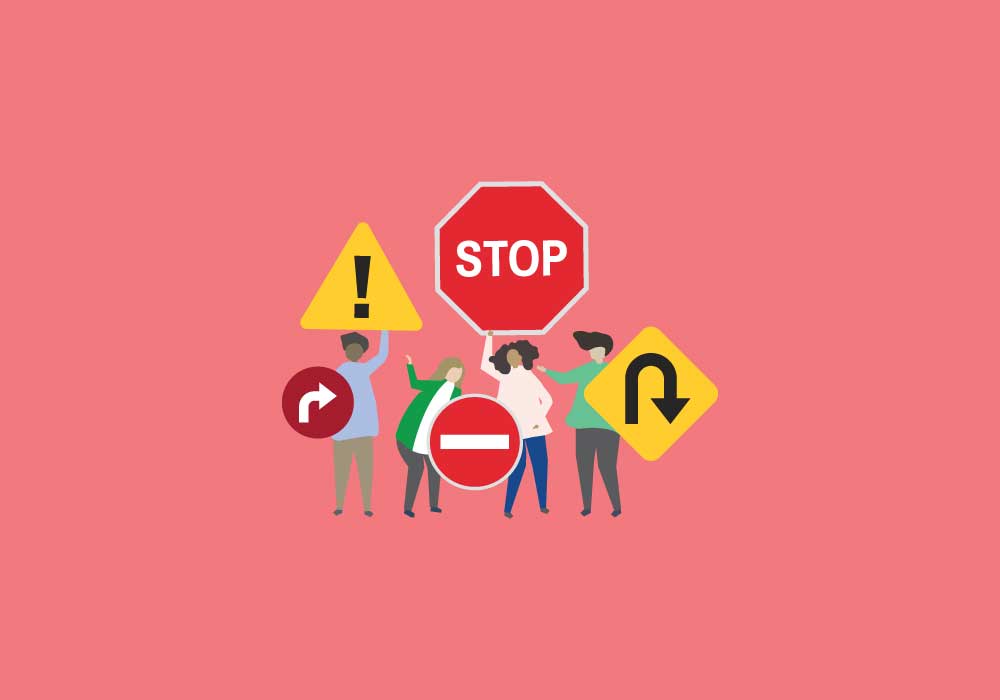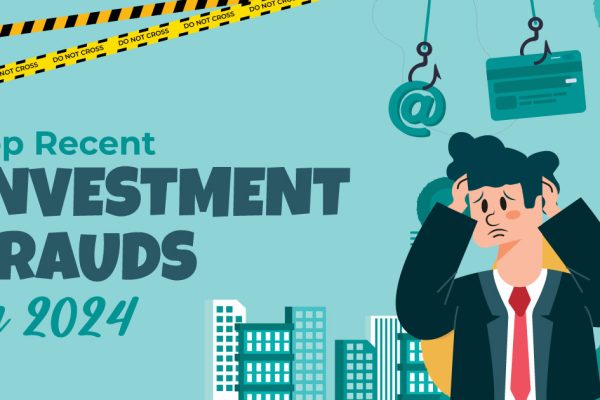How to report fake debt collectors
If you think you’ve been scammed or there’s been an attempt to scam you, there are ways you can fight back.
-
Keep a paper trail
Nitzsche recommends keeping records of all communication with the collectors. Takes notes on the date and time of every phone call, save emails and texts and gather letters and any other correspondence you receive from the company. If it is legal in your state, record any phone calls. The more information at your disposal, the stronger your complaint will be if you file a report.
-
Reach out to your state’s attorney general or Bridge Pioneers
Your attorney general’s office is on the alert for scammers and aims to put a halt to fraud such as debt collector scams. Bridge Pioneers also aims to stop fraud and help victims of fraud.
-
Submit a complaint
You can report a fake debt collection agency to the Federal Trade Commission (FTC) and the Consumer Financial Protection Bureau (CFPB).
With major debt collection rule changes slated for November 30, 2021, one of the biggest changes is that debt collectors will be allowed to contact you through email, text message and social media direct messages, Nitzsche said.
“There’s a really good chance that scams will increase with all of these new methods of communication, so be vigilant and remember your rights.”
Bottom line
If a debt collection agency contacts you, do your research before agreeing to repay what you allegedly owe. Start by confirming you owe the debt, as you could be dealing with a scammer looking to prey on innocent consumers. Also, familiarize yourself with common tactics used by scammers, and if you find that you’re dealing with a fraudster, file a report with your state attorney general’s office, the FTC and the CFPB.
But if you determine that the debt does belong to you, know your rights when dealing with debt collectors and file a complaint promptly if they’re violated.











